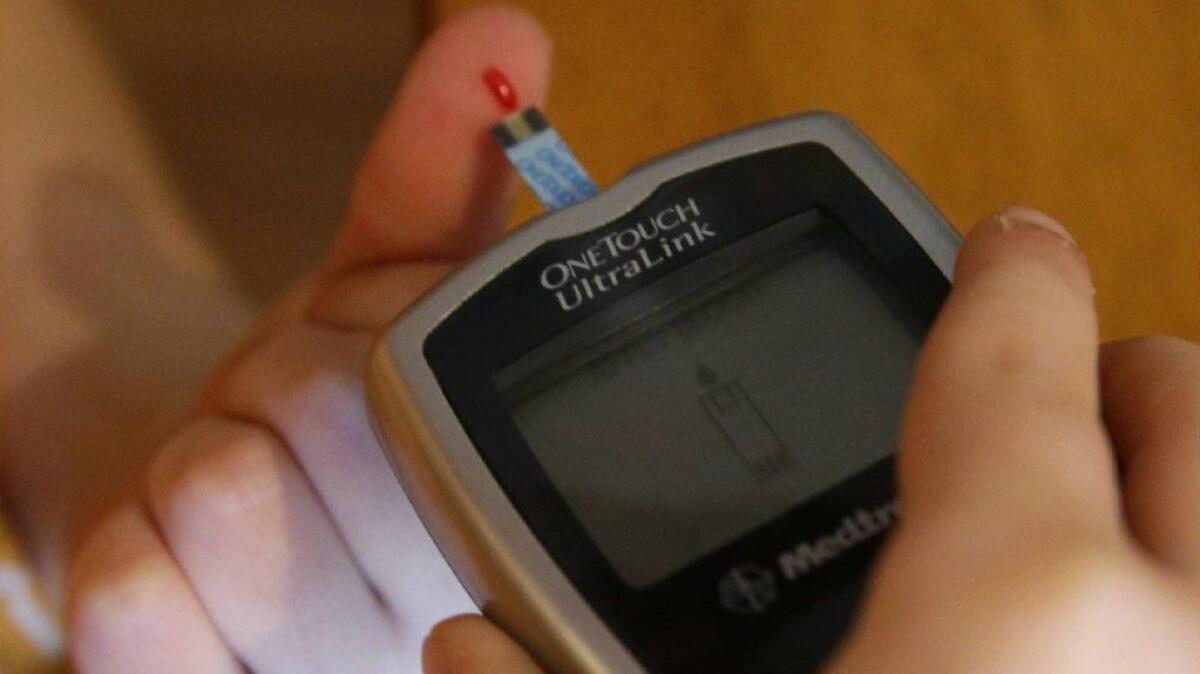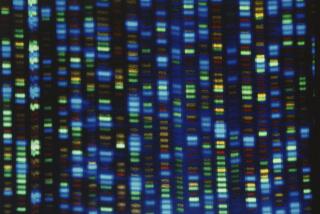Readers React: A prediabetes diagnosis isn’t useless if it causes a patient to lose weight and exercise more

- Share via
To the editor: Science journalist Charles Piller downplays the benefits of diagnosing and treating prediabetes.
The landmark 2002 Diabetes Prevention Program study found that 38% of patients with prediabetes on placebo went on to develop diabetes in four years, while only 19% of those who participated in an intensive lifestyle-modification program developed diabetes.
I run an obesity group program at an inner-city clinic and find that notifying a patient with obesity that he or she has prediabetes often motivates that person to exercise more and eat better.
Piller concludes his piece by mentioning the observation by physician and journalist Ivan Oransky that “if a pre-disease requires costly tests, services and potentially risky drugs of dubious benefit … another pre-word might apply: ‘preposterous.’” However, the test to diagnose prediabetes, HbA1c, is inexpensive, and the treatment, an intensive lifestyle-modification program, is low-cost and of clear benefit.
Theodore C. Friedman, MD, Los Angeles
..
To the editor: Piller’s article brings to mind an aspect of our bodies’ uses of food that is often ignored. I have a biology and biochemistry education, and I struggle with my weight. I get frustrated with common information on “sugar” that under-informs.
Regarding “refined carbohydrates,” what are they, and how much of it is there in our food? Simply and clearly, refined carbohydrates are starch, or long strings of sugar. Would being told this upfront in food labels and nutrition education help us choose?
Standard food labeling lists nutrients in ways that make it difficult to be informed. For the average person, it is easy to overlook what is often the primary source of the sugar we’re ingesting.
There are many nuances to the way a human body metabolizes any food, but the information on nutrition labels still leaves us under-informed. Not only are we misdiagnosed, we are also misinformed.
Barbara Eurich-Rascoe, Pasadena
Follow the Opinion section on Twitter @latimesopinion and Facebook
More to Read
A cure for the common opinion
Get thought-provoking perspectives with our weekly newsletter.
You may occasionally receive promotional content from the Los Angeles Times.








